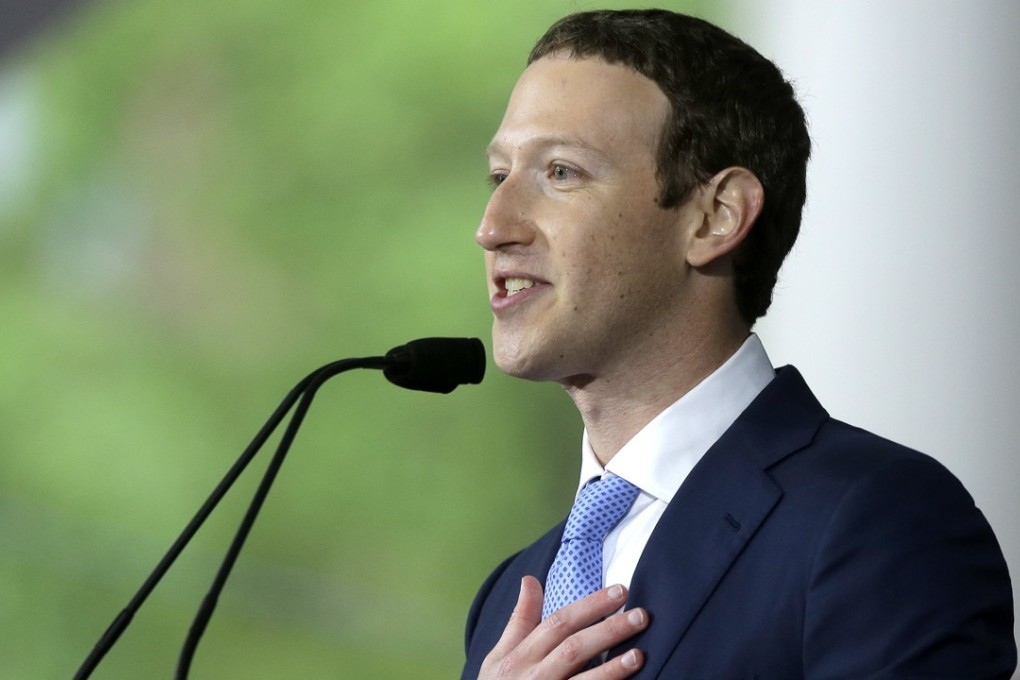What Facebook, Twitter and Trump are telling us about fake news and a polarised world
Niall Ferguson says the rise of social media platforms has revolutionised the democratic process, with rogue users able to spread not just fake news but extreme opinions to cause massive polarisation, as like attracts like

There was not much doubt that Russia was behind the release by WikiLeaks of emails to and from Clinton.
Trump says Russia ‘and others’ interfered in election, Obama ‘did nothing’
Facebook and Google crack down on fake news, as role in Trump’s election is queried
We now know that before (and after) the election, Russian trolls with bogus identities bought more than 3,000 Facebook ads. The Russians also used Facebook Events to organise phoney political protests in the US, including an anti-immigrant rally in a small Idaho town known for welcoming refugees. It was to be “hosted” by “SecuredBorders”, a Facebook group exposed in March as a Russian front.
Twitter was used in a similar way. In response to congressional investigations, the company admitted last week it had identified about 200 accounts linked to Russia, and that Kremlin-backed news site RT spent US$250,000 on Twitter ads last year.
Donald Trump finally acknowledges Russian meddling in presidential election
It is still too early to conclude that Russian use of social media decided the election. However, we probably can conclude that social media decided the election. The Trump campaign spent about US$90 million on social media, most of it on Facebook. Last November, Brad Parscale, the Trump campaign’s digital director, said: “Facebook and Twitter were the reason we won this thing.” I believe he is right.
